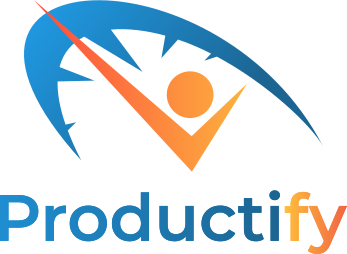Google's Potential Paywall: Balancing Innovation and Access
By Mukesh Variyani April 4, 2024 Technology
Google Search's Development
Google's search engine has been the first choice for billions of people looking for answers to their questions for more than 20 years. Google has revolutionized information retrieval on the internet and has grown to become a vital tool for users worldwide because to its strong algorithms and extensive index of web pages.
For over two decades, Google Search has been the go-to platform for billions seeking instant answers. Its continuous evolution powered by advanced indexing, ranking algorithms, and AI has made it indispensable for modern information access.
AI-Powered Search: A New Era of Intelligence
AI is now at the core of Google's search engine, enhancing how queries are understood and answered. Technologies like Gemini AI and natural language processing (NLP) enable Google to deliver smarter, context-aware results in real time redefining how we interact with information online.
The Paywall Problem: Balancing Access and Income
Recent reports suggest that Google is exploring a paywall model for its AI-powered search features potentially offering them as part of a Google One premium tier. While this strategy helps offset AI infrastructure costs, it also raises concerns about limiting access to high-quality insights for users unable or unwilling to pay.
User Reactions and Industry Implications
Opinions are divided. Supporters believe a subscription model could lead to a cleaner, ad-free experience with better personalization. Critics argue it might deepen the digital divide, especially in regions where free access to search is crucial for education and economic opportunity.
Google's Long-Term Plan: Creating in a Changing World
As competitors like Bing and emerging AI search engines innovate, Google must balance revenue generation with universal access. The success of this strategy hinges on offering value through premium features while ensuring essential tools remain free and equitable for all users.
Resolving Issues and Difficulties
Google's shift toward a paywalled AI powered search engine introduces complex challenges especially around accessibility and fairness. For millions who rely on Google for free, reliable access to information, a subscription-based model could create a digital divide, limiting access for users who can’t afford premium services.
Additionally, Google must navigate increasing regulatory scrutiny. As it experiments with monetizing Google’s AI search, global antitrust authorities are likely to assess whether this shift reinforces its dominance in the already competitive search engine market.
Possibile Advantages for Publishers and Users
Despite these concerns, Google’s AI search paywall model may offer tangible benefits to both users and content creators. For users, it promises a more streamlined, personalized, and ad-free experience free from distractions commonly associated with sponsored content.
On the publisher side, an AI powered search engine with monetization options could introduce alternative revenue streams. By integrating pay-per-view or subscription frameworks, publishers may reduce reliance on ad revenue and unlock new ways to monetize their high-quality content directly.
Conclusion
To conclude, Google is redefining the future of search through innovation in monetization. Whether or not the paywall for Google’s AI search becomes widely accepted, it reflects the company’s strategy to maintain leadership in the evolving landscape of AI powered search engines while balancing user needs, publisher benefits, and regulatory expectations.

Mukesh Variyani
MD, Finbyz Tech Pvt Ltd
